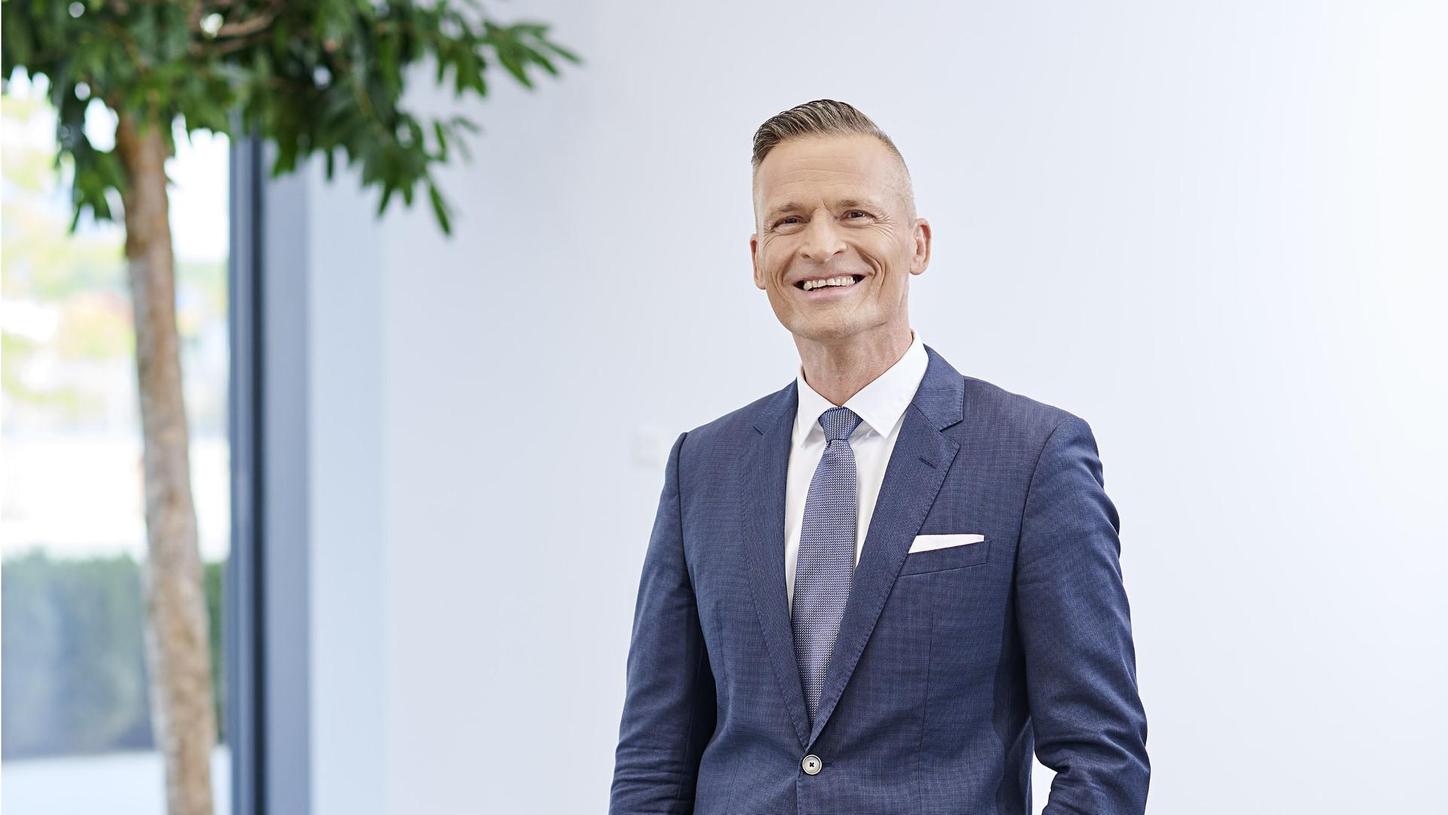
How digitalization and teamwork are helping to overcome the crisis
How is it possible to provide clinical staff with adequate protection against COVID-19 and at the same time further improve medical quality in the hospital?
Our second guest speaker of the new podcast series with Christoph Zindel is Frederik Wenz, MD and chairman at the University Hospital in Freiburg. The habilitated radiooncologist has been an early advocate of digitalization in healthcare and has strongly encouraged a trustworthy alliance across national borders.

















